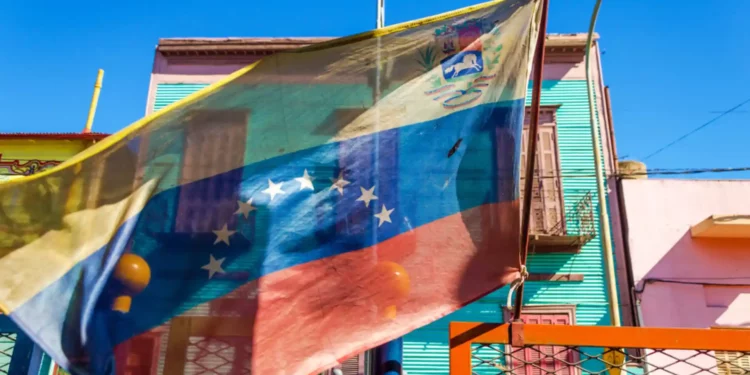Venezuela made efforts to boost their oil capacity and conduct the leadership of Opec with Saudi Arabia in the late 1990s.
The recent Venezuela election proved to be important for the country and the world oil market. The current President Nicolas Maduro, who replaced Mr Chavez after his death in 2013 declared his victory against Edmundo Gonzalez Urrutia despite the exit polls having Mr Gonzalez Urrutia at 65%.
According to the most recent data on Friday, suspicious pronouncements included television results of 132% and vote tallies of an improbable 51.95% for Mr Maduro and 43.18% for Mr Gonzalez Urrutia.
The opposition claimed fraud and there have been protests in the country ever since. The EU foreign policy chiefs and the US along with regional neighbours have expressed their disapproval. On the other hand Russia, China, Iran and Cuba have congratulated him.
This not only affects the country but the world oil markets, politics and the balance of power in Latin America including the presidential election in the US. Further altering some other petroleum-exporting countries deal with a future of declining oil revenue.
The democratic parties of Venezuela led the country in 1960 to be a founding member of Opec and further nationalized the oil industry in 1976. Venezuela was known to be the richest country per capita in the whole of South America.
Venezuela made efforts to boost their oil capacity and conduct the leadership of Opec with Saudi Arabia in the late 1990s. Although the 1998 elections drove the oil prices to drop. Given Venezuela’s much higher production costs, this was an unwinnable contest, as Mr Chavez quickly perceived. He made arrangements by pushing out the foreign investors, cut down production and regained his grip on National Oil Company Petroleos de Venezuela (PDVSA).
The oil prices shot up in late 2014 from about 2.4 million barrels a day to 500,000 barrels per day in 2020, the production dropped. Gross domestic output per capita in local purchasing power peaked at $18,850 per person in 2013, but fell to $5,730 by 2020, one of the biggest economic drops outside of wartime ever recorded. More than 7.7 million Venezuelans left to escape poverty, starvation, and rampant crime, despite having a population of just over 30 million.
The free fall was expected to tighten the US sanctions although there was added pressure from the administration of Donald Trump. The transactions were banned between PDVSA and the US imports of Venezuelan oil which were once known to be the staple of the Mexico refineries.
This led to the Maduro regime tightened down hard following its victory, with 20 people allegedly slain in protests. Opposition leader Maria Corina Machado, who is barred from running, has returned from safety in the Argentine embassy to address crowds as thousands continue to take to the streets.
The power of the people, loss of loyalty in poor neighbourhoods, damage of the Venezuelan military and condemnation from countries such as Chile, Colombia, Peru and Argentina. All of these could have the possibility to pull down Mr Maduro or force the ruling party to enter into a power sharing arrangement.
The US would then relax sanctions, allowing foreign investment and returning exiles with their talents and savings to flow in, and Venezuela could finally begin the process of repairing its ravaged infrastructure.
Its oil industry will most certainly never reach the heights of the early 1970s. Facilities are dilapidated, and heavy, high-carbon oil production is largely unpopular. Under ideal conditions, output might return to 2.5 million barrels per day by 2030.
The US President Biden will further balance the reimposing strict sanctions while keeping the Venezuelan oil on the market in order to maintain moderate prices.
Venezuela could be a foreshadowing of how terrible things can become when an oil-dependent country is unable to diversify and loses revenue.

















